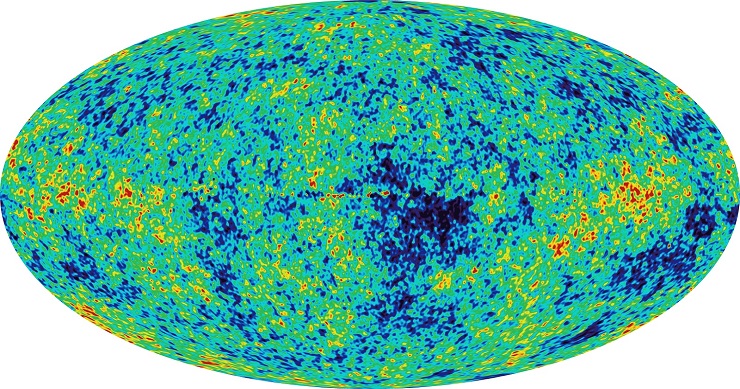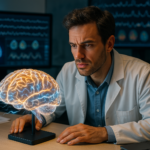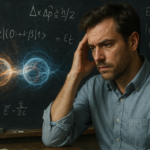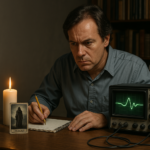Interwoven Realms: Embracing the Energetic Communion of Existence Discovering the deep, transformative connections that unite our inner world with the vast cosmos In our rapidly evolving world, the notion of energetic communion calls us to revisit the essence of our being and the universe that cradles us. Drawing from the rich insights of the […]

Genes and Behavior: Decoding the Blueprint of Human Actions
Introduction to Genes and Behavior Understanding the Basics of Genetics Genetics is the study of genes, the fundamental units of heredity that dictate the biological makeup of all living organisms. Genes are segments of DNA (deoxyribonucleic acid) that contain the instructions for building proteins, which perform a vast array of functions in the body. […]
Success Depends On Both IQ and EQ
Harmonizing Intelligence: The Symphony of IQ and EQ< Discovering the Integrated Path to Success in a Complex World In today’s rapidly evolving world, success is increasingly defined by the balance between cognitive prowess and emotional awareness. As we delve into the interplay between IQ (Intelligence Quotient) and EQ (Emotional Intelligence), it becomes evident that […]
7 Questions to Help You Regain Control
Reclaim Your Power: 7 Insights to Regain Control Over Your Life Exploring Transformative Questions and Habits That Empower You to Shift Perspective and Live Intentionally In today’s fast-paced world, regaining control of our lives often starts with asking the right questions. The original article on SpeciesUniverse.com, “7 Questions to Help You Regain Control,” encourages […]
Brain Waves and Beyond: The Latest in Neuroscience and Consciousness
Introduction to Brain Waves and Neuroscience Overview of Brain Waves Brain waves are the electrical impulses produced by the brain’s neurons as they communicate with each other. These waves can be measured using electroencephalography (EEG), which involves placing electrodes on the scalp to detect and amplify the brain’s electrical activity. Brain waves are categorized […]
Instead of detention, these students get meditation
Reimagining Discipline: How Meditation is Transforming School Detention Embracing Mindfulness for a More Compassionate and Focused Learning Environment In an era when traditional disciplinary measures often lead to further alienation and stress among students, a growing number of schools are rethinking how they address misbehavior. Instead of detention, some educational institutions have introduced meditation […]
Mindfulness Meditation: A Powerful Tool to Alleviate Stress
Harnessing the Healing Power of Mindfulness Meditation Transforming Stress into Resilience for a Healthier Life Mindfulness meditation offers a profound pathway to transforming stress into a catalyst for healing and growth. By intentionally focusing on the present moment, we can disrupt the habitual patterns that fuel anxiety and overwhelm. For John and others on […]
The Enigma of Quantum Entanglement: Science’s Spookiest Phenomenon
Introduction to Quantum Entanglement Defining Quantum Entanglement Quantum entanglement is a phenomenon in quantum physics where two or more particles become interconnected in such a way that the state of one particle instantaneously influences the state of the other, regardless of the distance separating them. This connection persists even if the particles are light-years […]
A school replaced detention with meditation. The results are stunning.
Revolutionizing Discipline: How Mindful Meditation is Shaping a Kinder Future From Detention to Meditation: Transforming School Culture One Mindful Moment at a Time In a groundbreaking shift from traditional punitive measures, Robert W. Coleman Elementary in Baltimore has transformed its approach to student behavior by replacing detention with mindful meditation. This innovative strategy, as […]
Occult and Psychical Sciences: Physicists probe the paranormal ?
Bridging the Unknown: Paranormal Research in Modern Science Exploring the Intersection of Occult Studies, Skepticism, and Scientific Inquiry on SpeciesUniverse.com In the quest to understand the vast and mysterious universe, researchers have long grappled with phenomena that lie at the edge of conventional science. The article “Occult and Psychical Sciences: Physicists Probe the Paranormal?” […]
- 1
- 2
- 3
- …
- 40
- Next Page »










